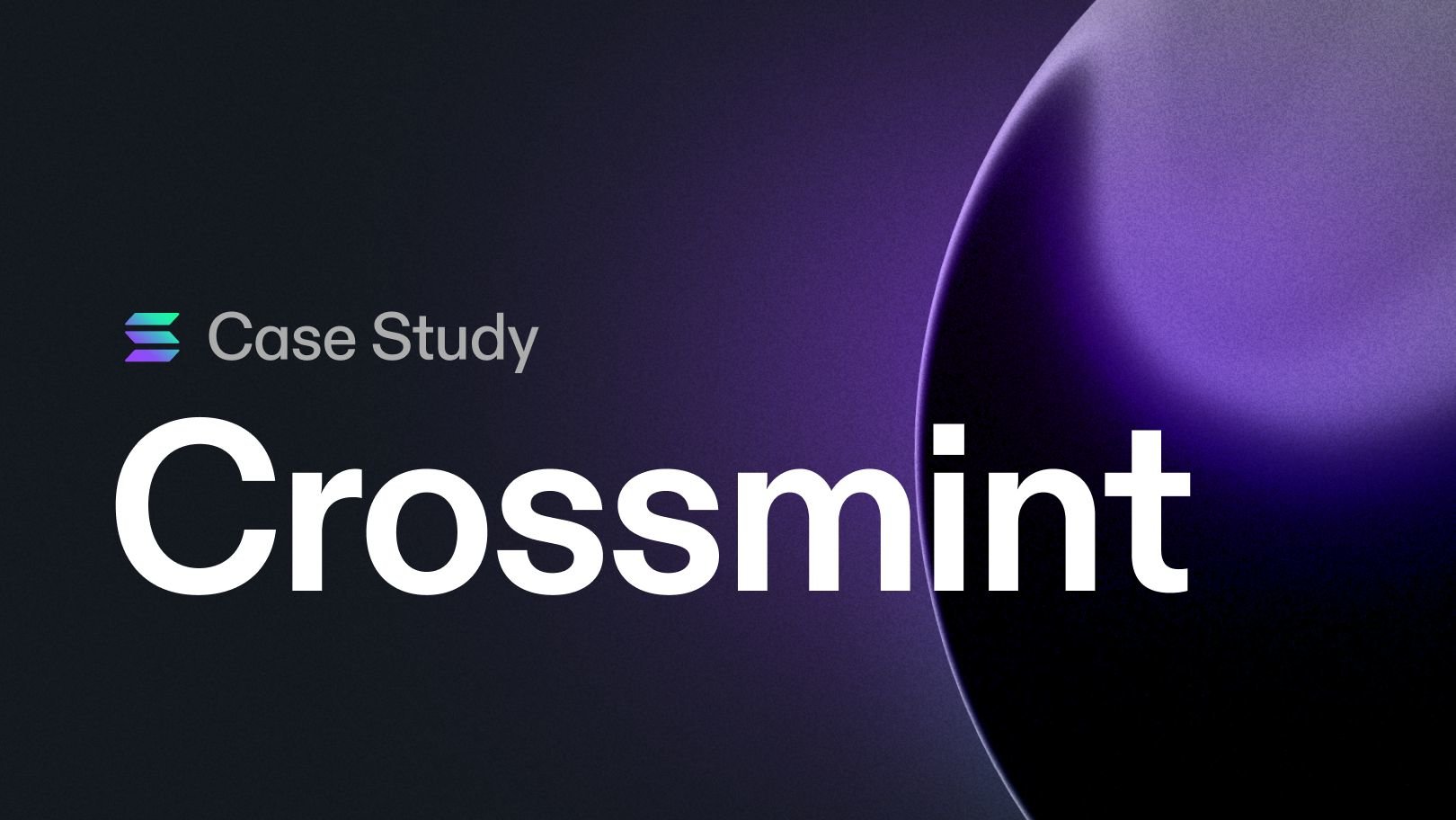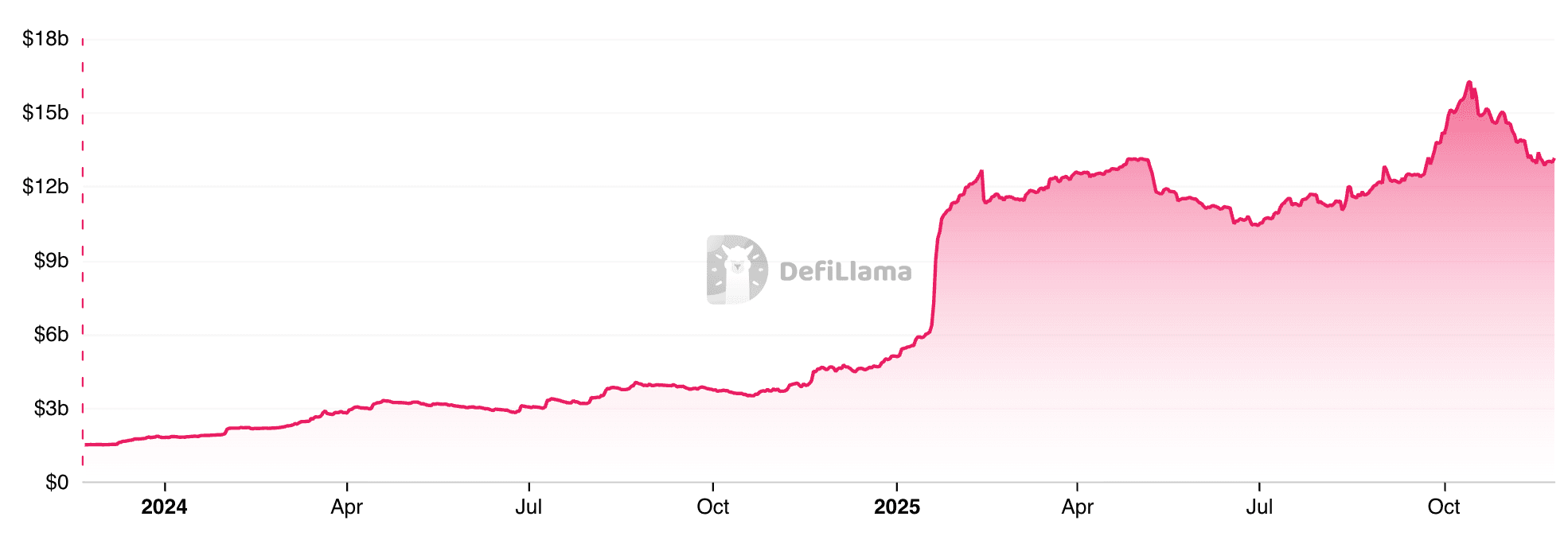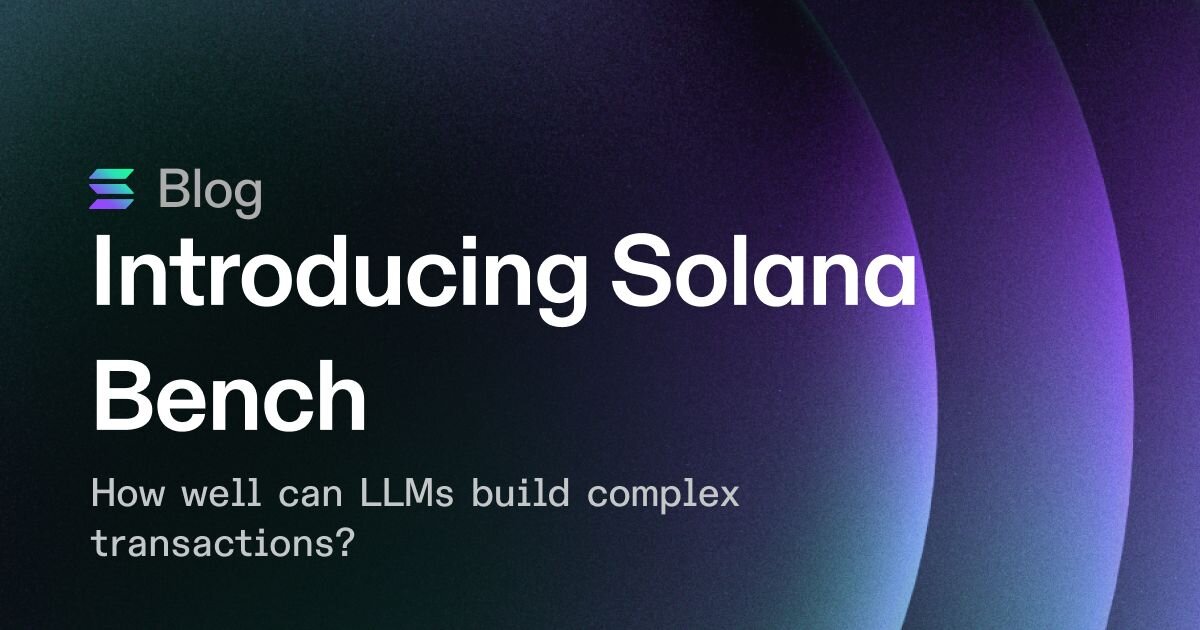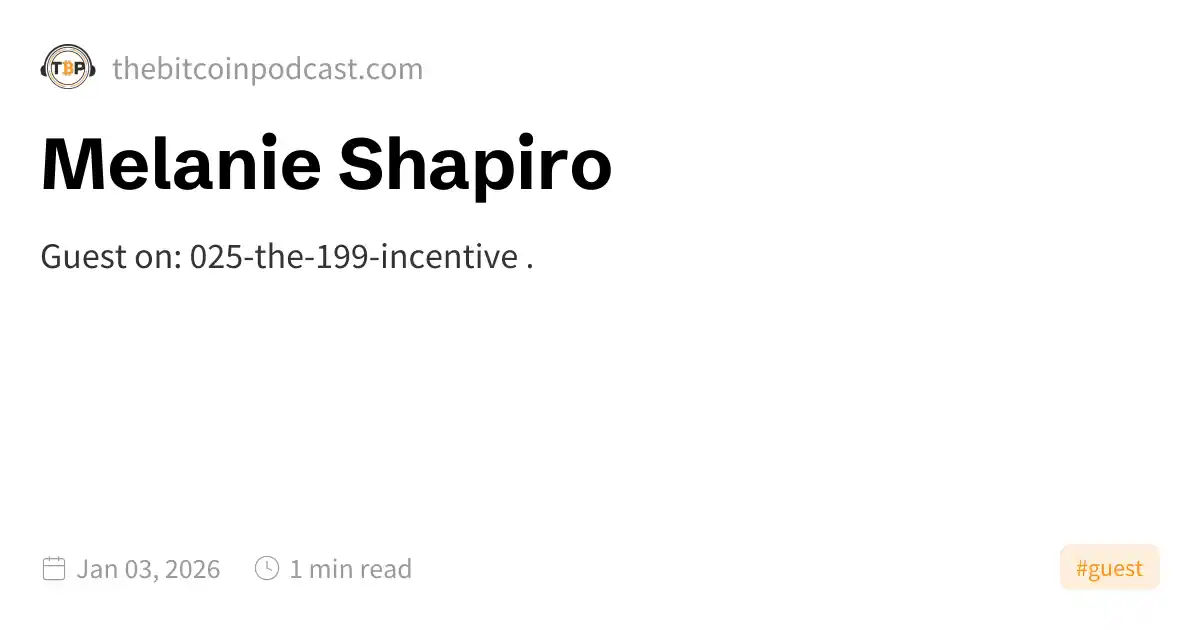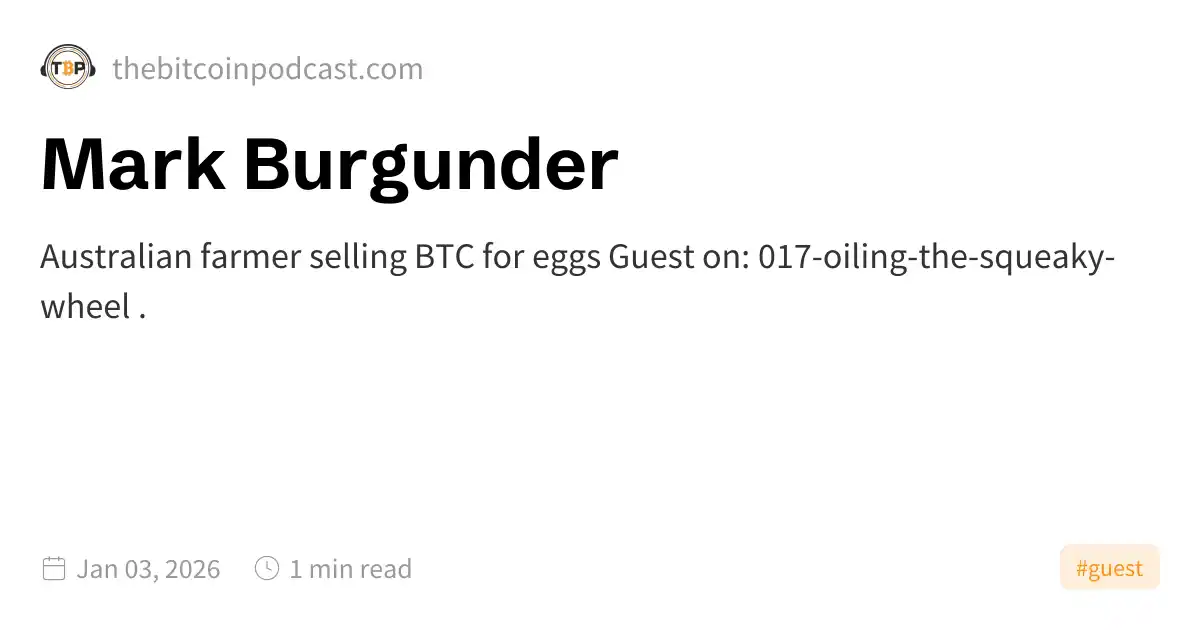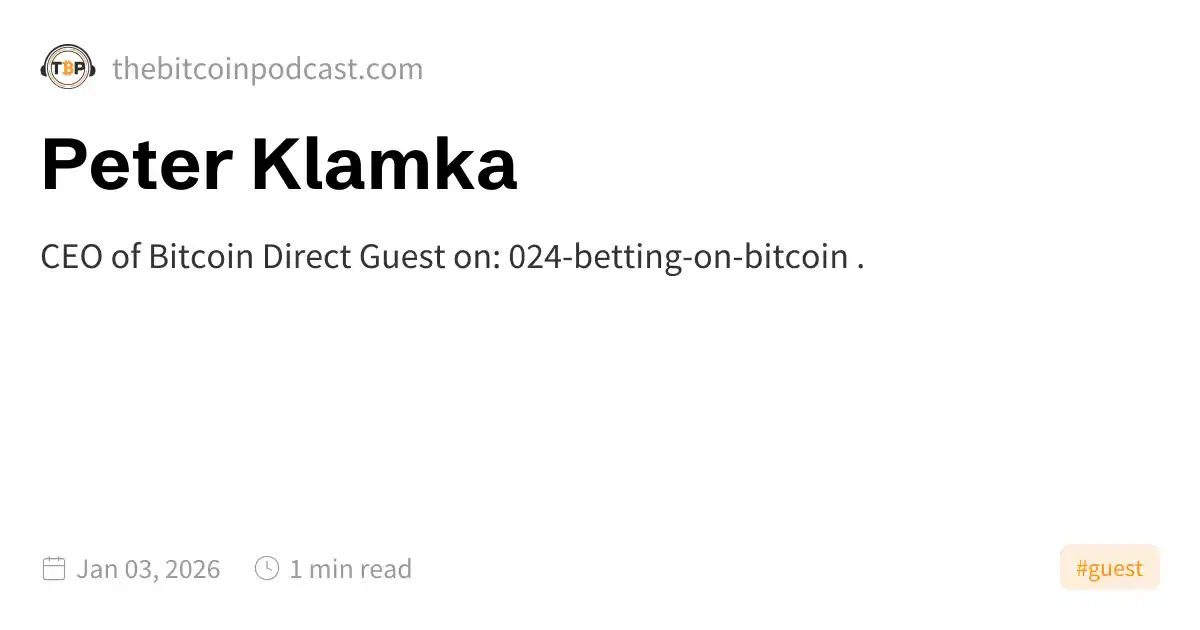Unlocking the Power of NFTs: Compressed NFTs Revolutionize Mass-Scale Use Cases
Non-Fungible Tokens: The Key to Unlocking New Use Cases
Non-fungible tokens (NFTs) have the potential to unlock a wide range of use cases, from commemorative collectibles to mass-scale ticketing, and even the future of customer loyalty. Unique, collectible tokens linked to someone’s digital wallet can supercharge brand fandom by giving fans a new way to take pride in their virtual identities and find belonging in a global community.
The Problem with Minting NFTs
However, there is one major problem that stands in the way of mass adoption: minting NFTs en masse is expensive. Even on Solana, which has some of the lowest transaction fees of any blockchain, minting NFTs for a loyalty program can be cost-prohibitive for mainstream companies.
Enter Crossmint
Crossmint, an NFT tooling and API company, is making it easier for enterprise companies to drop NFTs on a massive scale. They use a recent innovation on Solana known as compressed NFTs, which uses state compression to make NFTs cheaper for customers.
Compressed NFTs: A Game-Changer
Compressed NFTs are a new class of non-fungible tokens on Solana that employs a technique known as state compression to reduce the load of data storage. State compression uses a Merkle tree structure to store the minimal amount of data on-chain in order to confirm that the underlying data is correct. Meanwhile, updates are stored in the Solana ledger to take advantage of the chain’s security and decentralization, and RPC providers like Triton, Helius, and SimpleHash can help with the heavy lifting of managing the tree.
A Cheaper Alternative
In 2022, the Solana Foundation introduced the concept of compressed NFTs, one of the first use cases for state compression. Instantly, the cost for minting a Solana NFT dropped to roughly $0.000005. By compressing the underlying data, NFT developers can store more information on the blockchain at a lower cost while maintaining the integrity and uniqueness of their respective digital assets. Even better, the cost of minting NFTs gets cheaper at higher volumes, lowering barriers to mass-scale use cases.
Enterprise Use Cases
Compressed NFTs have far-reaching implications for enterprise companies. According to Crossmint co-founder Rodri Fernández Touza, there is a massive spike in enterprise demand for blockchain infrastructure. The company has already minted roughly 300,000 NFTs for holders of the Crossmint wallet to recognize them for being early adopters. The drop was what Solana Foundation ecosystem technical lead Jon Wong describes as "proof of success," in that it demonstrated the efficiency of state compression for a straightforward use case.
Breaking Down the Costs
Let’s take a closer look at the cost breakdown of Crossmint’s drop. A standard NFT mint on Solana costs about 0.012 SOL, or roughly $0.24 at the time of writing. Typically, this cost is borne by the minter – not the distributor. Companies, brands, and enterprises that want to reward users need a more efficient solution that doesn’t require asking customers to shoulder the cost. In Crossmint’s case, delivering NFTs to 300,000 users under normal circumstances would cost over $74,000 (at the time of writing). With state compression, that cost is less than $200.
Conclusion
Compressed NFTs are revolutionizing the way companies approach NFTs on a mass scale. With costs significantly reduced, companies can now focus on creating unique and engaging experiences for their customers without breaking the bank. As the demand for blockchain infrastructure continues to grow, it’s clear that compressed NFTs will play a crucial role in unlocking new use cases and possibilities for enterprise companies.
FAQs
Q: What are compressed NFTs?
A: Compressed NFTs are a new class of non-fungible tokens on Solana that employs state compression to reduce the load of data storage.
Q: What is state compression?
A: State compression uses a Merkle tree structure to store the minimal amount of data on-chain in order to confirm that the underlying data is correct.
Q: How does compressed NFTs compare to standard NFTs in terms of cost?
A: Compressed NFTs are significantly cheaper than standard NFTs, with a cost of roughly $0.000005 compared to $0.012 SOL (or roughly $0.24) for standard NFTs.
Q: What are some potential use cases for compressed NFTs?
A: Some potential use cases for compressed NFTs include commemorative collectibles, mass-scale ticketing, and the future of customer loyalty.
Q: How can companies use compressed NFTs to benefit their customers?
A: Companies can use compressed NFTs to create unique and engaging experiences for their customers, such as rewards programs or loyalty programs.

